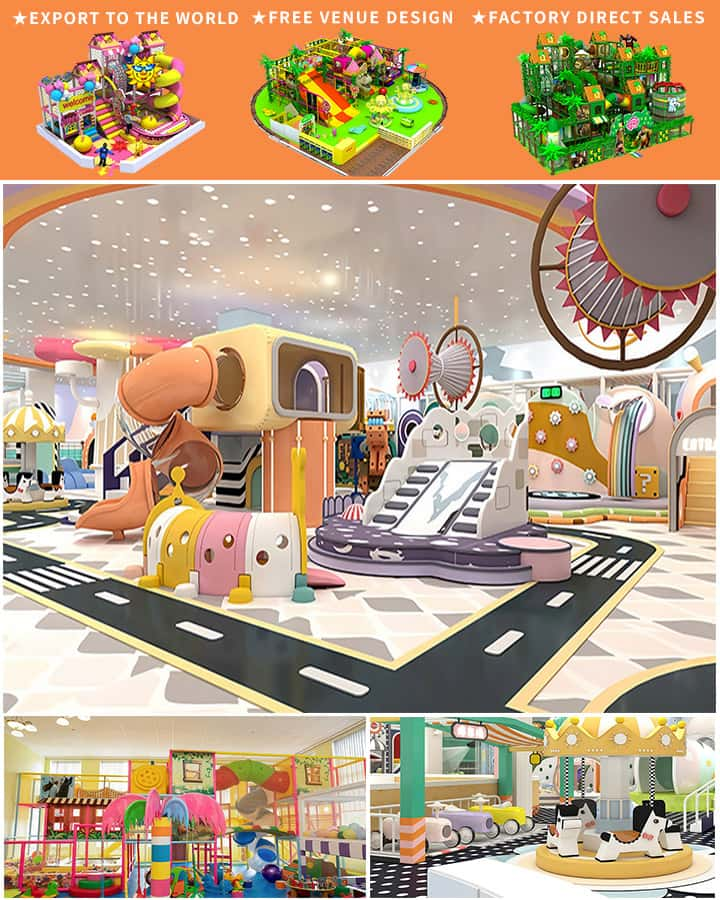In the bustling world of childhood, where imagination reigns and play is a language of its own, soft play equipment has carved out a special niche. This category of play equipment is more than just a source of fun; it plays a crucial role in the physical, cognitive, and social development of young children. From colorful balls and climbing structures to foam pits and interactive toys, soft play equipment offers a safe and stimulating environment for kids to explore and grow.
Physical Development: Building Strength and Coordination
Physical development is one of the primary benefits that soft play equipment provides. Children engage in activities that enhance their motor skills by climbing, jumping, and balancing on these structures. Soft play areas often include elements like mini slides, tunnels, and soft obstacles, which encourage physical activity and coordination. As children navigate through these play structures, they strengthen their muscles and improve their balance, setting the foundation for more complex physical tasks in the future.

Cognitive Development: Encouraging Creativity and Problem Solving
Soft play equipment does more than just keep children active; it also stimulates their minds. These play areas are designed to be both challenging and engaging, encouraging children to think creatively and solve problems. Whether figuring out how to climb to the top of a soft play structure or deciding the quickest route through an obstacle course, kids are constantly using their brains in new and exciting ways. This type of play fosters critical thinking, creativity, and even early mathematical concepts as children estimate distances and angles.
Social Development: Learning to Interact and Share
One of the most important aspects of soft play equipment is the opportunity it provides for social interaction. In these environments, children learn to share, take turns, and cooperate with their peers. Soft play areas are often populated with other children, creating a natural setting for social learning. Through group activities and shared experiences, kids develop essential social skills such as empathy, communication, and teamwork. These interactions help build self-confidence and emotional resilience, preparing children for future social situations.
Safety First: Peace of Mind for Parents
Safety is paramount in any discussion about children’s play equipment, and soft play equipment excels in this regard. Designed with young children in mind, these play areas are made from soft, cushioned materials that minimize the risk of injury from falls or collisions. Additionally, the equipment is typically arranged in a way that allows for supervised play, giving parents peace of mind while their children explore and have fun. The controlled environment of indoor soft play areas also means that weather conditions are never a factor, ensuring year-round enjoyment.
Conclusion: Investing in Childhood Development
The value of soft play equipment in early childhood development cannot be overstated. By providing a safe and enriching environment, this type of play equipment helps children grow physically, mentally, and emotionally. The skills and attributes they develop through soft play—strength, coordination, creativity, problem-solving, social interaction, and safety awareness—are building blocks for a well-rounded, confident individual. As we invest in the tools that shape our children’s futures, soft play equipment stands out as a fundamental resource for nurturing happy, healthy, and thriving young minds.




